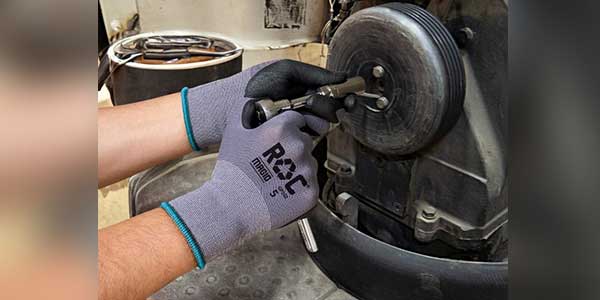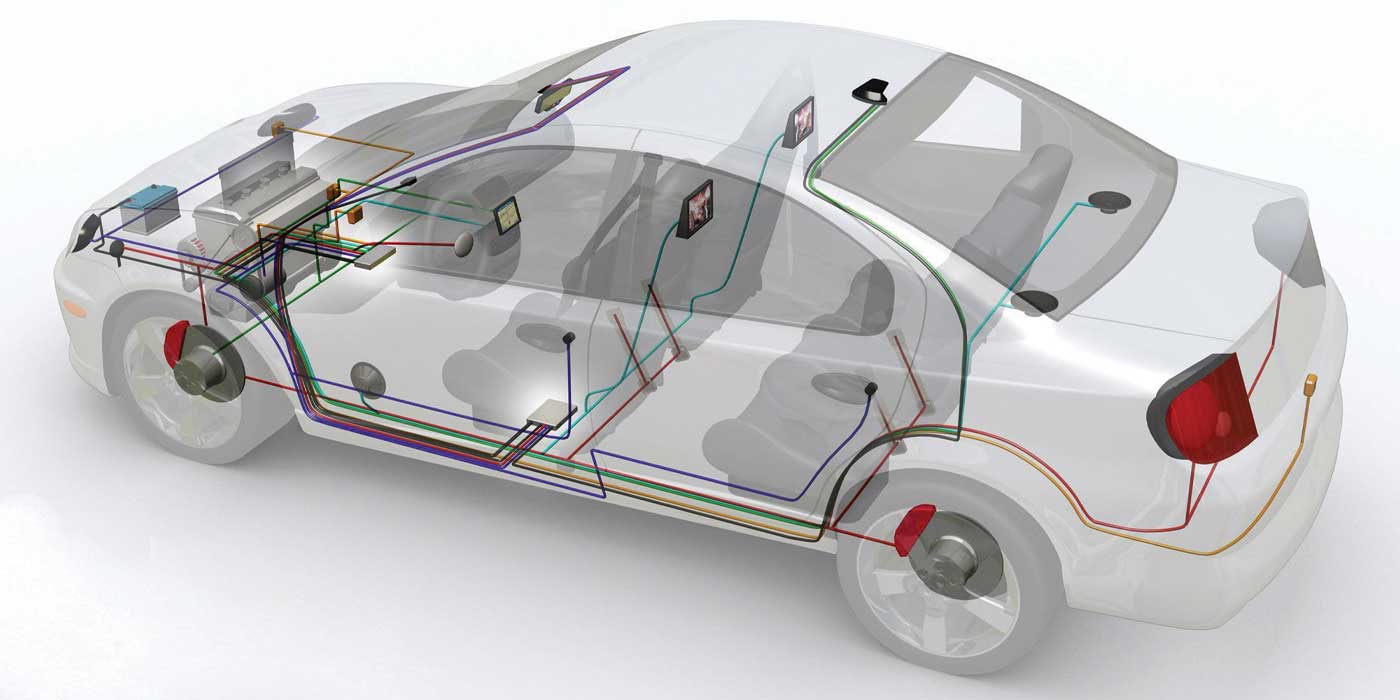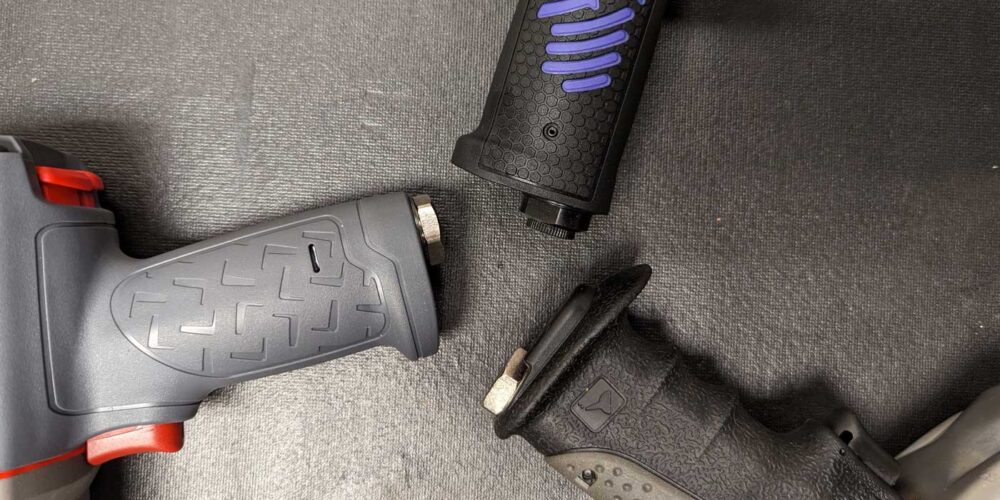In Part 1, we reviewed the areas where current auto dealership internet voice response (IVR) phone systems and business development center (BDC) staffing are falling short when compared to vehicle owners’ needs. Complicating things further, dealership employee turnover is about 46%. Turnover costs are roughly $5,000 for each hourly worker. Assuming a dealership has 10 BDC team members earning $15/hour, annual turnover runs $25,000 at a minimum. This doesn’t include training costs for each new employee or the cost of management time for ongoing recruitment needs.
The Bureau of Labor Statistics reported a 3.5% unemployment rate for July 2022. Individuals are entertaining multiple employment options, making it difficult to maintain smooth, consistent BDC operations.
Appointment Scheduling Process
When humans handle inbound calls, there are three potential pitfalls:
1. Professionalism – To guarantee that all inbound calls are handled professionally and accurately, managers must provide training or hire consultants to work with their teams on a regular basis. With high turnover, management focuses on new hires, limiting the opportunity to cultivate and develop higher-performing employees.
2. Customer Experience Consistency – Customers experience a car dealership’s brand in many ways. Marketing and customer support, therefore, must align. This requires that all teams are in sync so that the marketed value proposition mirrors the actual customer experience.
3. Time Needed to Handle the Call – The average inbound caller to a car dealership experiences a wait time of two minutes and 15 seconds during the call — usually when being transferred. As each minute passes, callers are more and more likely to hang up — and report a negative review. Handle time is a term used to measure the actual time needed to process a caller’s needs. As with hold times, lengthy handle times create frustrated customers. The typical service scheduler must complete the following steps to confirm a service appointment:
1. Answer call
2. Access service scheduler
3. Ask name
4. Ask vehicle
5. Ask for the service needed
6. Negotiate appointment time
7. Confirm appointment
What Can Dealerships Do?
The perfect scenario is for humans to answer calls and route them to service managers to book appointments. Unfortunately, this isn’t consistent. Callers suffer long waits and poor customer service, in addition to leaving voicemails in lieu of setting a service appointment. A backup or replacement to human engagement for inbound calls is optimal. The primary solution is the use of AI-enabled digital voice assistants.
Current digital voice assistants are limited in their processing ability to hold conversations and reach objectives. When enabled with real, multi-intelligent AI systems, a digital voice assistant can resolve problems and manage routine or repetitious tasks. This enables employees to focus on more complex work assignments, such as business development. Managers can invest in high-performing employees, improving retention while confident that the AI software is managing tedious, repetitive calls. Additionally, AI-enabled conversational assistants work 24/7/365, guaranteeing that calls are answered and handled on nights, weekends and holidays.
A typical service scheduling call for a conversational AI platform takes two minutes, not four, because it simultaneously accesses both the customer’s records and the scheduling calendar. Each call is handled the same, guaranteeing professional and branding consistency. It can be used as an employee back-up or as the first touch with inbound service calls.
Dealership benefits include increased appointments and fewer voicemail messages. Businesses using third-party BDC companies have seen their bills decrease as teams focus on outbound calls.
In summary, dealerships are facing a multitude of obstacles with managing their customers’ phone experience. Among all of the options available, a smart, multi-intelligent AI platform is finally ready to help dealers optimize both their customers’ time and their staff’s productivity.













